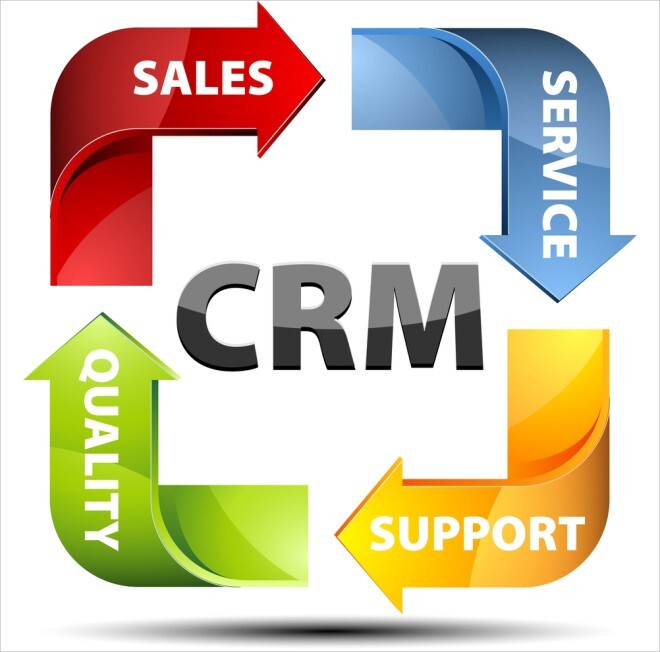

For instance, Navatar, a pure play cloud CRM provider, enters the space after their success in alternative assets and investment banking. Navatar partners with Salesforce, the cloud poster company, to serve several financial services markets.
On the other hand, legacy providers, such as Junxure are also cloud bound. Junxure just launched their cloud-based offering. Prior to this, Junxure had been selling client-server based CRM to advisors, which continues to be their main offering.
(There are some other options too. Custodians, sometimes provide CRM to advisors. So do horizontal providers such as Salesforce, Microsoft and SugarCRM, partnering with third-party consultants or resellers.)
The legacy and new CRM providers bring their own strengths. The legacy providers, having worked with advisors for years, have an established customer base. However, coming from the client-server model, they are not known for innovation. They also maintain their client-server customers and, therefore, have to juggle both the legacy and new products – a bit of a distraction.
The pure-play cloud providers are very strong on innovation and servicing their customers. They bring the cloud DNA, having been deeply embedded in the subscription based business model. However, as newcomers, they still need to prove their value and earn the advisor community’s trust.
So, there are some trade-offs and it may not be easy to compare apples to apples.
Here’s my take on what to look for in the cloud-centric world if you are running an advisory business and evaluating CRM options. There are three important things to keep in mind, at a minimum:
I. Look for a product that can cope with your growth. This one may seem obvious, but most people look at product features/functions before making a decision, anyway. Depending on your size, focus (institutional/retail, types of products), as well as integration required into different custodial platforms, financial planning, or portfolio accounting systems, you will be able to shortlist two or three products that may have the potential to deliver. The important thing to assess would be how the product can accommodate your changing needs over time. Is it flexible enough to support your business if you start, say, an alternative asset fund?
II. Look for a product that won’t get frozen in time. In the cloud world, the pace of innovation is fast, which means that the vendor must constantly improve the product. This is achieved through a technological concept called multitenancy (don’t worry, I won’t bore you with the geeky stuff). Multitenancy helps eliminate repetitive tasks and leaves the vendor with more time and resources to focus on product innovation (just the way the manufacturing assembly line brought drastic efficiency, so carmakers could spend more time improving their cars). Not every product is multitenant. If you buy a product that isn’t, you may get frozen in time, while your competitors surge ahead with state-of-the-art products.
III. Look for a vendor who is invested in your success. CRM providers have traditionally been happy to sell you their product, before sending you to a consultant for fitting it to your needs. This model is changing in the cloud – the CRM vendor is expected to make the product work for you. Unless the vendor is on the hook for ensuring your success, you will be spending money on consultants for years. The vendor must have a dedicated team devoted to your success and a solid track record to prove their credentials.
If you pick the right product, it will help you grow assets as well as make you more efficient. If you pick the right vendor, they will focus on their product as well as your success.